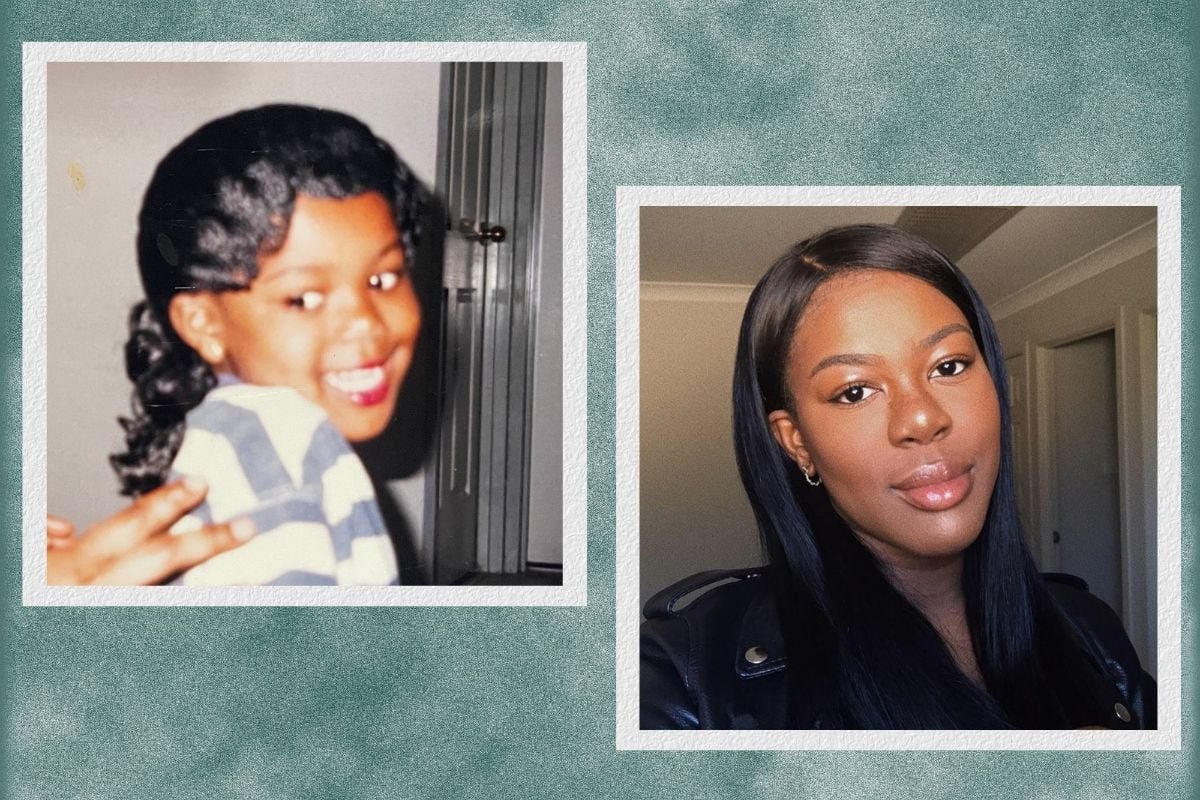
I’ve been into beauty since the first time I saw my mum look into her compact mirror and apply a generous swipe or two of lipstick. The shade she had on was called ‘crimson’. She got it from Myer back when they were called Grace Brothers and it was her favourite shade - she had multiples.
I recall her mentioning that the reason she loved it was because it was the perfect shade for black women. I nodded back then, not completely understanding the connotation.
Little did I know some twenty years later, I’d be dealing with the same lack of options for women of colour.
Watch: How to find the perfect nude lip shade when you have darker skin. Post continues below.
So, what does it look like to be failed by the beauty industry?
It looks like going to Priceline and seeing absolutely no shades darker than beige.
It’s being part of a dance group in high school, where white girls have the luxury of wearing eyeshadow and blush for the performance - while I have to forego the look because none of the options have enough pigment to show up on my skin.
It’s having the first foundation you wore for the first adult years of your life being the totally wrong shade, but having to make do with looking ashy because it’s the brownest option available.
It is brands serving foundation ranges that have a plethora of ivory to light-tan shades and literally only one shade of brown named ‘coffee’.